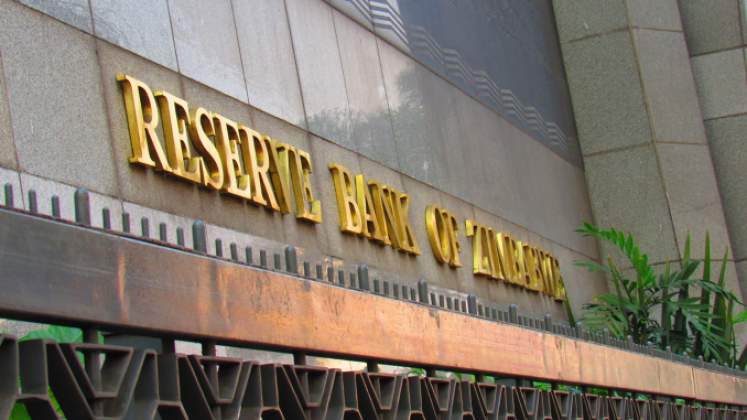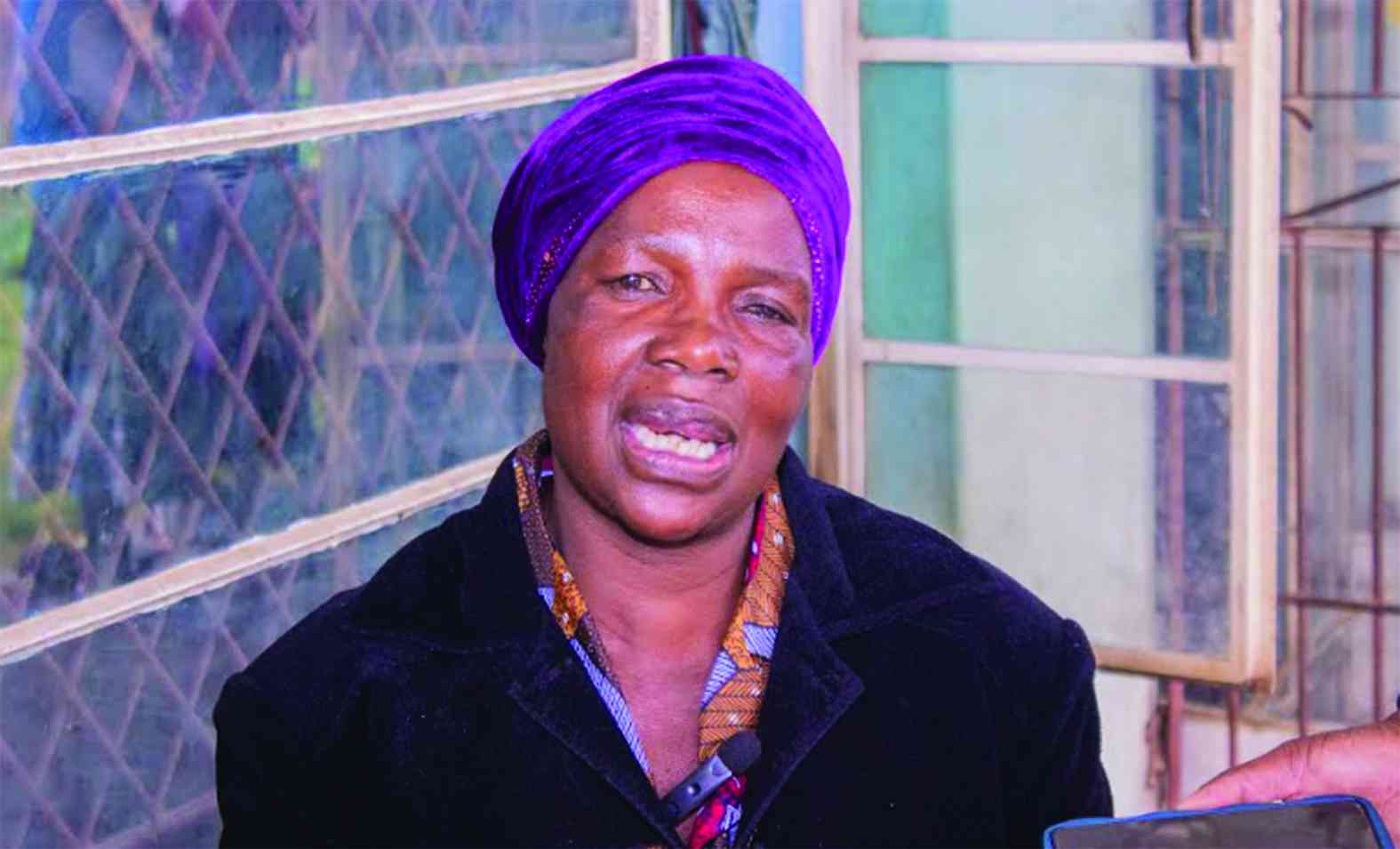
BY TAURAI MANGUDHLA GOVERNMENT has made fresh moves to control money supply and stabilise the exchange rate, Reserve Bank of Zimbabwe (RBZ) governor John Mangudya said yesterday.
He was speaking at a webinar hosted by the Zimbabwe Independent in partnership with the Bankers Association of Zimbabwe to unpack the monetary policy statement released last week.
Being a big source of local currency to business, contractors and farmers, the government has been paying farmers, for instance, through the Grain Marketing Board.
These funds have been abused, Mangudya said.
He described the recipients’ behaviour as a case of businesses “biting the hand that feeds them.”
He said a committee comprising the RBZ and Finance ministry resolved to close taps to control liquidity.
“Over the past two weeks, the government’s release of funds to the market was so limited to the extent that the parallel market did not move,” Mangudya said.
“There has been a shortage of local currency on the market and that is the reason the parallel market has been stable for the past two weeks, the closed tap other than for salaries, did not see a lot of money coming onto the market.”
- Chamisa under fire over US$120K donation
- Mavhunga puts DeMbare into Chibuku quarterfinals
- Pension funds bet on Cabora Bassa oilfields
- Councils defy govt fire tender directive
Keep Reading
He said inflation was a monetary phenomenon related to velocity of circulation of money and the apex bank was closely monitoring the two.
“If you are holding onto the money, people do not have money to spend, but at the same time if you overdo it again you squeeze the economy to death. We need to have a balancing act and that is exactly what we are doing,” he added.
“The parallel market rates are key drivers of the exchange rate, but the key drivers of these rates is not even the government, its business. Unfortunately, what we have noticed is that most of the money that businesses get is coming from the government so the government has got projects like road construction, dam construction and they are paying to the farmers.
“This is done in good faith. A farmer gets paid his dues after delivering wheat or maize, but it is not the government that is going to control the behaviour of that recipient. You know the government has projects in terms of infrastructural development and that is bringing money into the economy. When money comes into the economy it is spent, which is aggregate demand. What we are trying to find is a balance to say how do we then manage this thing where your parallel market is also coming up,” he said.
Mangudya said recipients of money from the government should be disciplined.
“They are being fed by the government, but they end up doing the opposite with that money which is biting the hand that feeds them,” he said.
- Follow us on Twitter @NewsDayZimbabwe










